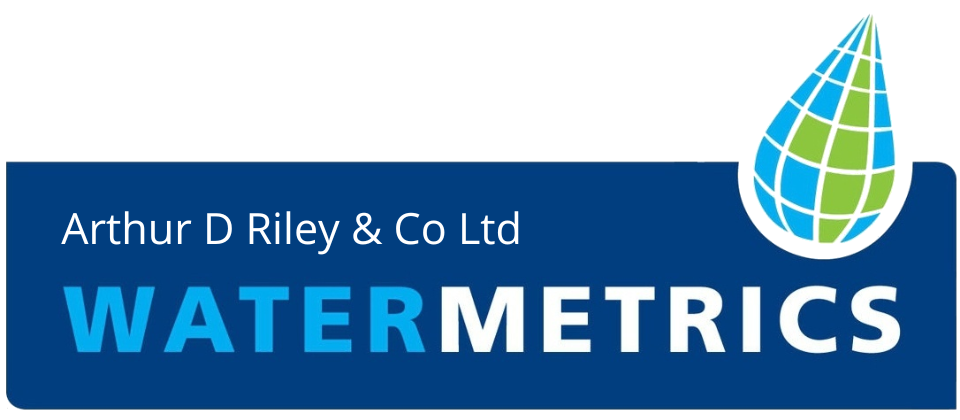As we head into May, June and July, farming operations around the country are facing significant challenges around water use. The eastern North Island farms are dealing with a drought, with no sign of respite in the near future. NIWA meteorologist Ben Noll said Hawkes Bay, Coromandel Peninsula, Auckland and southern Northland were all experiencing tough, dry conditions that haven’t occurred since 2017. Soil moisture is currently 50 mm in deficit, and three times that is needed to alleviate the dry ground. What this means is that farmers will need to make fast, but difficult decisions around feed, as it’s becoming low.
DairyNZ’s Tony Finch recently said that effectively dealing with drought is down to planning. “Have a plan in place,” he says. “Make sure you’re taking action as quick as possible and thinking about not only limiting the damage for now and the rest of this season, but protecting next season’s productivity.”
Meanwhile, Southland has been dealing with the opposite challenge – flooding. The Southland Climate Change Impact Assessment report predicts what the impact of climate change is likely to have on the province.
“Annual rainfall is predicted to increase by 5% by mid-century, and as much as 20% by the end of the century,” the report states. “Summers will be hotter and drier, increasing the likelihood of drought, but rain events will be more intense.”The unique challenge in the form of Covid-19 means that farmers will also be dealing with issues of isolation and labour shortages. Again, planning is key to meeting these challenges. The Ministry of Primary Industries advises farmers to make sure they have plans in place to ensure business continuity. “Farming and growing operations differ greatly across the country and may have specific needs. Backup planning is key,” says MPI.
Good management practice
The next few months – known as a ‘shoulder season’ – is the time for maintenance, housekeeping, purchasing and most of all, planning. When it comes to water use, it’s important to get your irrigation scheduling right. We’re seeing an increased use in soil moisture monitoring as a means of achieving precision irrigation. Combine that with the fact that farmers are increasingly required to justify their water use, and investing in soil moisture sensors is the clear solution to maximising water efficiency. Understanding your soil is critical to irrigation scheduling and soil moisture/temperature sensors mean that you can:
-
-
- Determine what is the status of the ground beneath you
- Calculate how much water to apply to promote good pasture growth during shoulder seasons
- Identify when the optimal time is for irrigation
- Reduce nitrate leaching
- Eliminate guesswork and make better informed irrigation decisions
- Monitor water use remotely, so you know you’re applying the correct amount at all times
-
Now is also a good time to plan for the future in terms of your next irrigation season. To save money and increase water efficiency, irrigation management is essential. A good plan makes use of flowmeters, soil moisture and temperature probes, and weather stations to accumulate data that can then be easily analysed. It also helps you to measure the levels of evapotranspiration, meaning you can make detailed water management decisions for all seasons, based on reliable data.
FEPs to ensure environmental compliance
To help with irrigation decision making, Watermetrics is offering a consultancy service in the form of our newest team member, Agronomist, Richard Campion. Richard has a sound understanding of best practice irrigation, as well as experience in predictive irrigation – a valuable skill when making decisions around irrigation and maximising water use efficiency. Richard puts expertise behind irrigation decision making to make savings through efficient water use, conserving nutrients and ensuring best crop and pasture growth. You can book a time with Richard for a consultancy session, so you can make the most of his expertise when making decisions about water use now and in the future.
The shoulder season is also a good time to take a look at Farm Environment Plans (FEP) to make sure that you’re farming in an environmentally responsible way. We’ve got more detail on FEPs here, and, Watermetrics provides the solutions and tools you need to be ECan-compliant. It’s important to remember that most leading dairy companies – Synlait, Fonterra, DairyNZ – require their milk suppliers to have an FEP in place and offer higher rewards for those that do.
Now is also an ideal opportunity to have your water meter and pipe work installations verified in order to comply with Council and Resource Management Regulations. Verification is to make sure that the water being extracted via bore or a well is within the consent limits. Additionally, it can show if you’re not using your full allocation – incorrect meter measurement can result in underwatering. Verifications can only be undertaken by accredited parties with specialised metering equipment. Watermetrics have successfully completed over 3,000 verifications around New Zealand, get in touch to book yours.
Use this shoulder season to upgrade, make decisions and plan for the future. This is at the heart of what we do at Watermetrics. We provide total water solutions for farmers, as well as services from highly qualified, industry leaders and combine this with efficient, accountable management.
Keen to talk to us about how you can get all those tasks ticked off your list during the shoulder season? Get in touch and we’ll help get you sorted.





-2.png?width=1200&height=600&name=Watermetrics%20-%20Blog%20Featured%20Image%20(1200%20x%20600)-2.png)